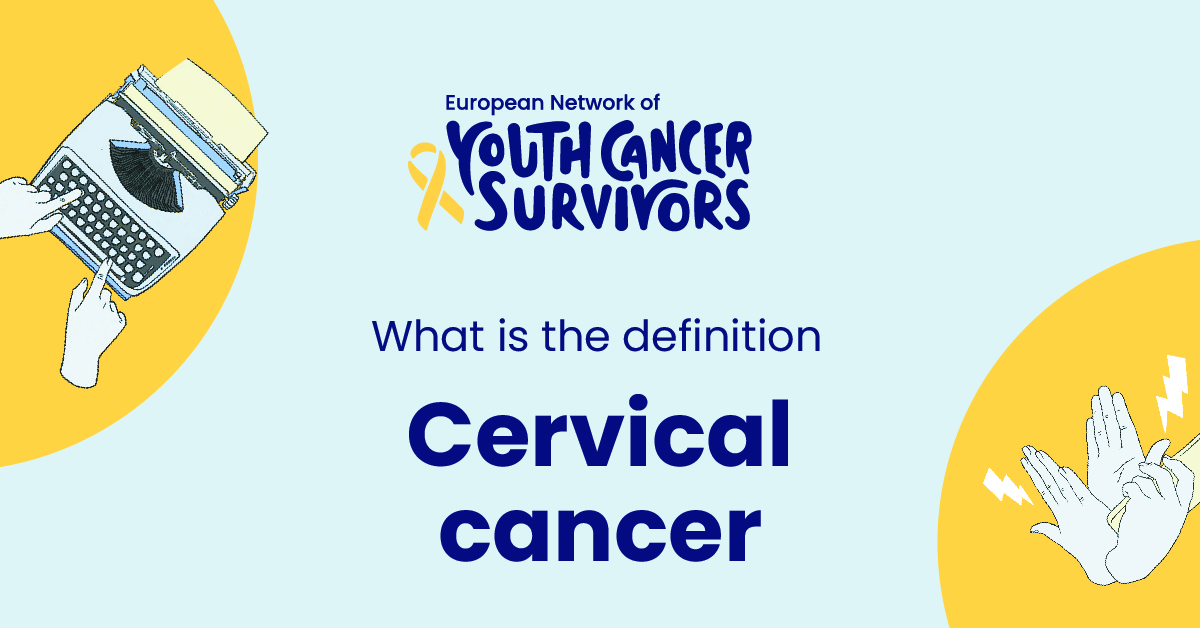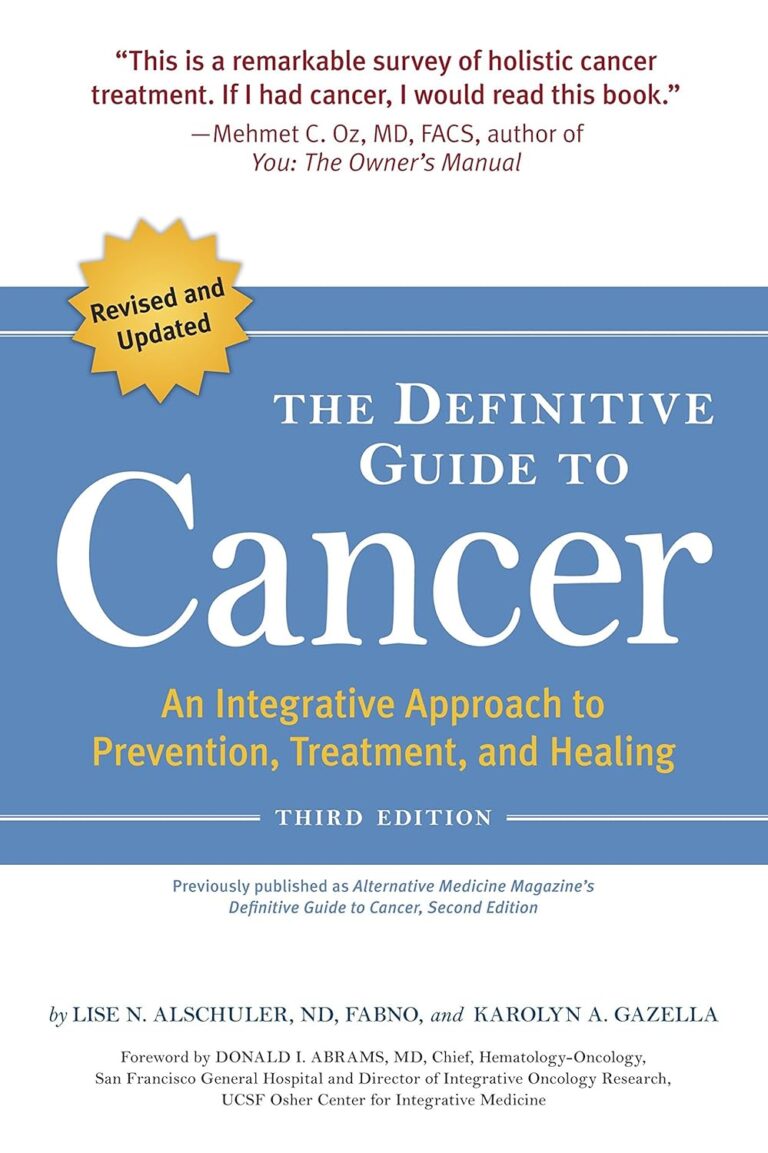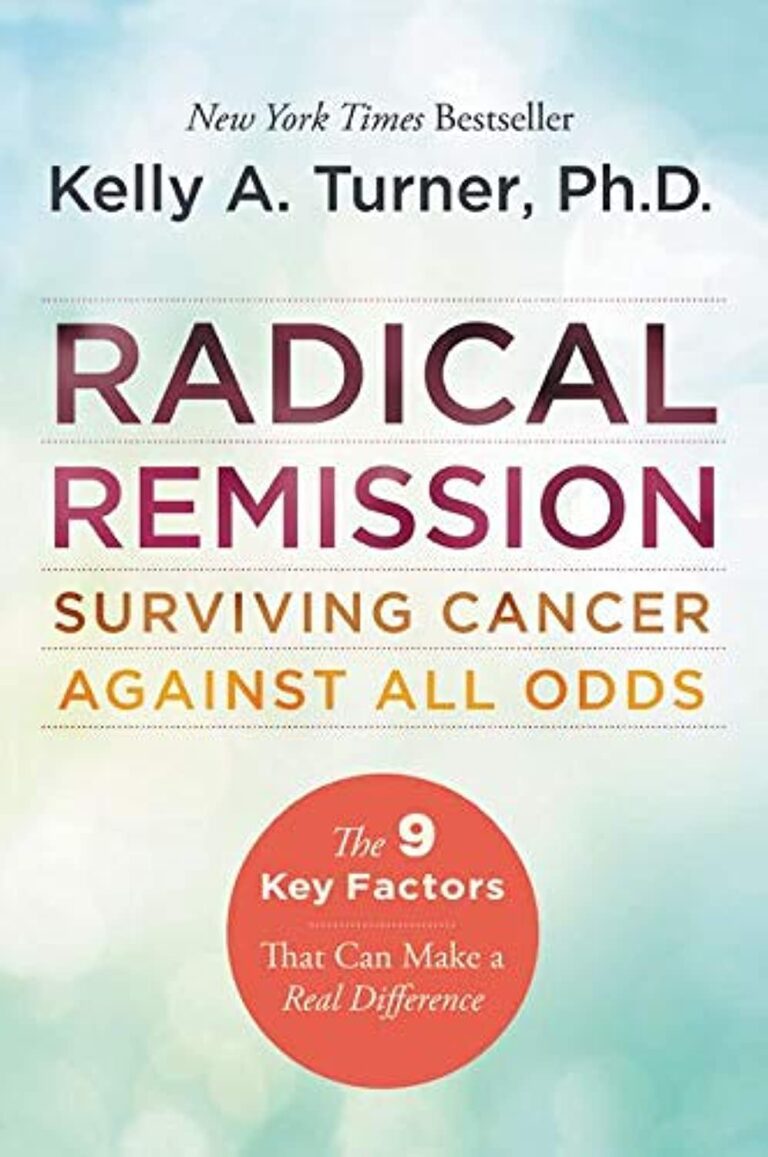
Cervical Cancer, a grave health concern for millions of women around the globe, strikes confusion and fear. This powerful narrative aims to remove these misconceptions and provide an in-depth understanding of the disease, its implications, and the ways to cope effectively.
What is Cervical Cancer?
Cervical Cancer arises in the cells of the cervix, the lower part of the uterus that connects to the vagina. The primary factor contributing to the prevalence and incidence of Cervical Cancer is the Human Papillomavirus (HPV). While there are various types of HPV, not all cause cervical cancer.
Understanding Cervical Cancer: Defining the Disease
Beyond the superficial understanding of Cervical Cancer as an HPV-related ailment, it’s crucial to understand the complexities it entails. A few misconceptions surrounding this cancer are the belief that it’s hereditary or that it only affects older women. It’s crucial to know that any woman sexually active, regardless of age, can contract HPV and, therefore, stands at risk.
The Causes and Risks of Cervical Cancer
Understanding the major roles play in increasing a woman’s risk for developing cervical cancer: HPV exposure, specific lifestyle choices, and genetic predispositions. Smoking, long-term use of oral contraceptives, and a weak immune system compound the risk factor.
The Different Stages of Cervical Cancer
The progression of cervical cancer is categorized into four distinct stages, each depicting specific advancements of the disease, ranging from localized to extensive spread. Each stage uniquely influences the choice of treatment for the patient.
Symptoms and Diagnosis of Cervical Cancer
Early symptoms usually go unnoticed as they mirror other common health conditions. However, consistent pelvic pain, vaginal bleeding, and an increase in vaginal discharge may signal the onset of cervical cancer. Screening and diagnostic tests such as a Pap Smear or HPV tests are crucial for early detection.
Treatment Options for Cervical Cancer
Based on the stage of advancement, standard treatments include surgery, chemotherapy, and radiation therapy. Newer treatment modalities include immunotherapy and targeted therapy, showing promise in treating cervical cancer more effectively and with fewer side-effects.
Living with Cervical Cancer: A Closer Look at Patient Life
The journey of a cervical cancer patient gripped with the disease extends well beyond receiving a diagnosis. Survivors often recount a roller-coaster of emotions, relationship dynamics changes, and financial implications.
The Prevention of Cervical Cancer
Get to know us better
If you are reading this, you are in the right place – we do not care who you are and what you do, press the button and follow discussions live

Regular screenings and getting vaccinated against HPV are the two crucial steps one can take towards prevention. Lifestyle modifications and awareness about the disease also play significant roles in mitigating risks.
Conclusion
This article has outlined comprehensive insights into cervical cancer, its causes, symptoms, treatment, and necessary preventative measures. Armed with knowledge, women can win the fight against cervical cancer.
FAQs
- What is cervical cancer and how does it develop?
Cervical cancer is a type of cancer that begins in the cells of the cervix. It primarily develops through exposure to the HPV virus.
- Who is at risk of developing cervical cancer?
Any sexually active woman of any age stands at risk. Additional risk factors include smoking, long-term use of oral contraceptives, and a weakened immune system.
- What are the potential symptoms of cervical cancer?
Early symptoms include pelvic pain, vaginal bleeding, and increased vaginal discharge.
- How is cervical cancer diagnosed and treated?
It is diagnosed through comprehensive screening tests such as a Pap Smear or HPV tests. Treatment varies from surgery, radiation, and chemotherapy to more advanced treatments like immunotherapy and targeted therapy.
- How can cervical cancer be prevented?
Regular screenings, getting vaccinated against HPV, and making healthy lifestyle choices are key prevention methods.

















Comments
Thank you. Comment sent for approval.
Something is wrong, try again later